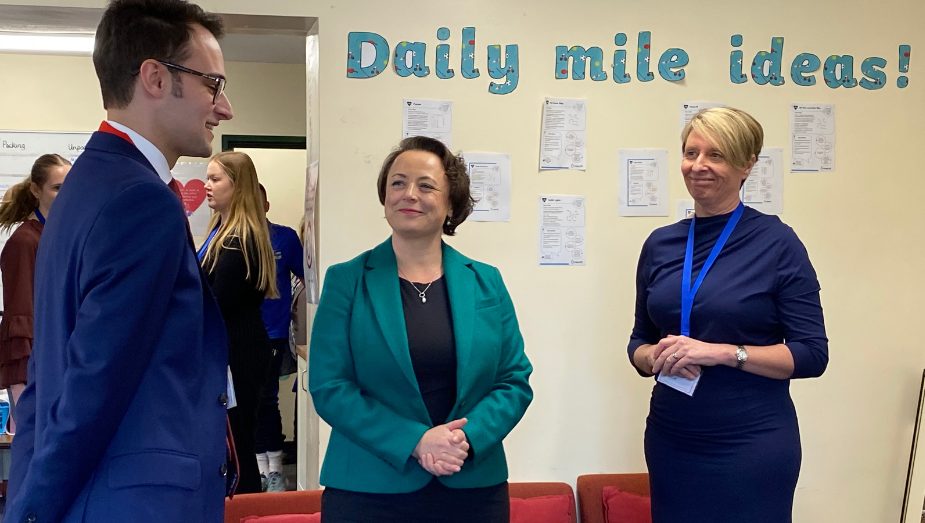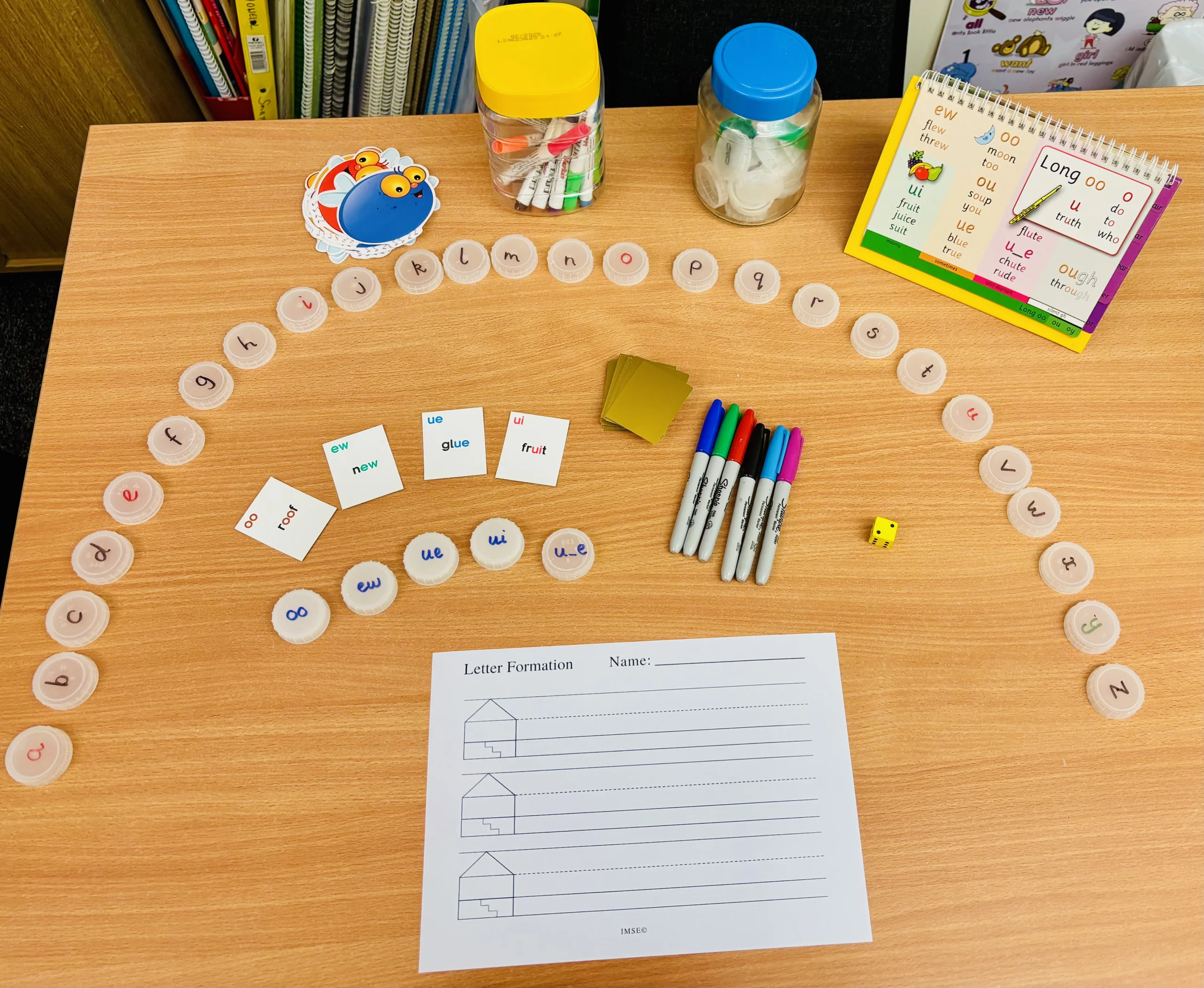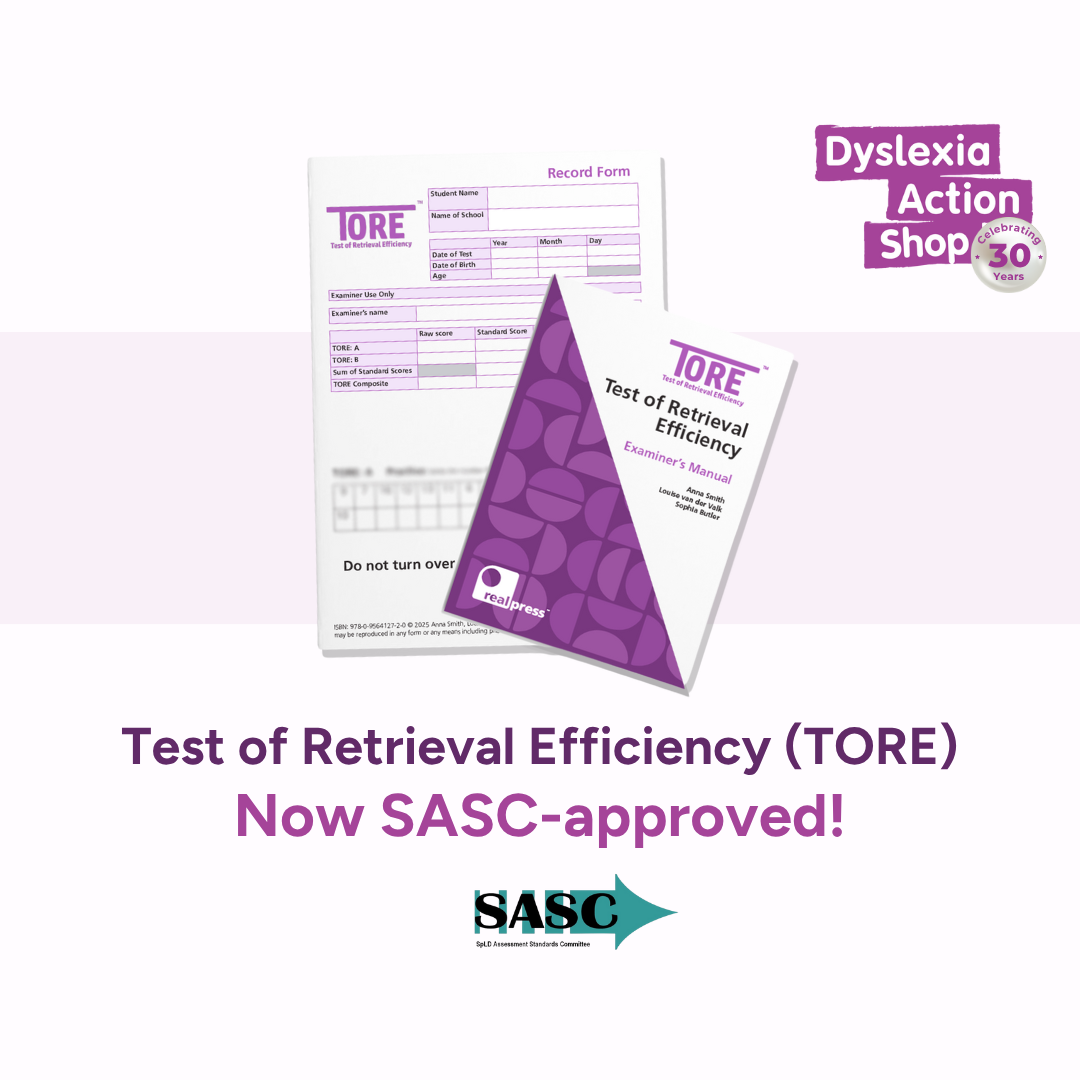Imogen Barber |
November 11, 2025
Looking back on my years as a SENCo and deputy designated safeguarding lead, I often find myself revisiting the difficult conversations I’ve had with parents. I’ve talked about significant behavioural concerns, discussed sensitive and emotive safeguarding issues, and had to offer a conflicting opinion when stakes are high and emotions are strong.
The good news is that navigating these encounters, whilst never something you’ll look forward to, requires a skill set that can absolutely be developed and refined, moving you from simply dreading them to managing them productively. After all, developing effective partnerships with families is at the heart of being an effective teacher or SENCO. When you and a student’s parents are on the same page, everyone benefits. So you’ve already worked hard to lay the groundwork by keeping an open door policy, holding informal coffee mornings and being led by the cultural values of the families you are working with. But then something happens, and you know you are going to need to have a difficult conversation with a family and your heart sinks.
Those challenging conversations can sometimes feel a bit complex for us to navigate. Why is that? Research by Gartmeier et al. (2017) points to three fundamental differences between a teacher’s role and a parent’s role that impact communication. Understanding these is often the first step in being able to navigate challenging conversations with both empathy and efficiency! Whilst we can never avoid having to have challenging conversations with a parent or a carer, there are lots of ways to ensure it is a productive and ultimately positive experience.
Looking back on my years as a SENCO and deputy DSL, I often find myself revisiting the difficult conversations I’ve had with parents of children with SEND. I’ve talked about significant behavioural concerns, discussed sensitive and emotive safeguarding issues and had to offer a conflicting opinion when stakes are high and emotions are strong.
The good news is that navigating these encounters (whilst never something you’ll look forward to) requires a skill set that can be developed and refined, moving you from simply dreading them to managing them effectively. Having productive, difficult conversations early on in relationships can be a powerful way of building trust. After all, developing effective partnerships with families is at the heart of being an effective teacher or SENCO. When you and a student’s parents are on the same page, everyone benefits.
Why are these conversations so complex to navigate?
So you’ve already worked hard to lay the groundwork by keeping an open door policy, holding informal coffee mornings and being led by the cultural values of the families you are working with. But then something happens, and you know you are going to need to have a difficult conversation with a family and your heart sinks.
Those challenging conversations can sometimes feel a bit complex for us to navigate. Why is that? Research by Gartmeier et al. (2017) points to three fundamental differences between a teacher’s role and a parent’s role that impact communication. Understanding these is often the first step in being able to navigate challenging conversations with both empathy and efficiency! Whilst we can never avoid having to have challenging conversations with a parent or a carer, there are lots of ways to ensure it is a productive and ultimately positive experience.
The Relationship: Heart vs. Head
This is arguably the big one. For a parent, their child is their whole world. They have a deep, lifelong emotional attachment – and that’s absolutely how it should be! As someone who has also been on the parental side of a challenging conversation with a SENCO as well, I know my emotions were heightened and the tone and language used made a huge difference to how I felt as a parent and how I processed the information shared afterwards. If I’m being honest, it also influenced how I viewed the different professionals involved for quite a while later.
Equally, as a SENCO, you care deeply, but you also need to maintain an appropriate professional distance. This can allow you to be more objective about the student’s progress and behaviour in the classroom.
Key takeaways:
- Lead with empathy and kindness before sharing data or concerns. When talking with a parent, remember you’re speaking to someone whose emotions are heavily invested.
- Plan your approach. Decide what you want to say and why. Write a few key messages ahead of time to help you keep the conversation on track and, if necessary, refer back to three or four key things you want to cover in the meeting. Gather any necessary information or specific examples to support your points ahead of time.
- Choose the right time and place. Pick a time when you and your parents are both calm and have plenty of time. Ensure the location is private and free from distractions.
- Anticipate their reaction. Think about your parents’ perspective and how they might react. This will help you respond calmly and effectively.
The Responsibility: Forever vs. Today
Parents are responsible for their child in a massive, all-encompassing way – from their health to their happiness, often throughout their entire lives. It’s a huge, enduring but often incredibly rewarding role.
Teachers and SENCOs, however, have a time-limited instructional role. You’re focused on their academic and social growth right now. This boundary allows you to remain highly focused on specific school-based challenges and goals.
Key takeaways:
- Start with a positive. Begin by mentioning a positive aspect or strength to set a good tone before moving to the more difficult topic.
- Use clear and calm language. You have to be direct and honest, but this can be achieved with non-judgmental, compassionate language.
- Listen actively. Give them the chance to speak. Show you are listening by using phrases like “I can see why you’re concerned” and try to show you understand their point of view without necessarily agreeing.
- Keep the scope of the conversation focused on your shared goal: the learner’s success. If it goes off-topic, gently guide it back to the original purpose.
3. The Expertise: Parent Know-How vs. School Know-How
Let’s face it, no one knows the child better than the parent – their quirks, their history, their home life. They are the experts on their own child. But, as Gartmeier et al. suggest, they often have “low school-related expertise”. They may not understand the curriculum, the school’s systems, external processes, or pedagogical methods.
Conversely, SENCOs and teachers are the experts on the school system and best pedagogical practices. You know how things work! You also have the benefit of working with a range of learners, so will have a clearer oversight of what falls into the often wide range of developmentally or academically appropriate and what may require further exploration either via assessment, observation or referral to a specialist. This can also be helpful if you are trying to support a parent to navigate potentially overly simplistic data, for example, the parent who is extremely anxious about a two-month discrepancy between reading and chronological age, until you talk through their standardised scores showing they are making progress well within the normal range.
Key takeaways:
- Don’t assume parents understand school jargon or procedures. Your knowledge is a valuable asset, but it’s your job to translate it. Frame your advice in clear, actionable, and jargon-free ways. This is particularly important when discussing reports from other professionals.
- Share specific examples. Try to avoid vague statements and provide specific examples of behaviours or situations you want to address. For example, “we’ve observed that for the past three days Leo has walked to the back of the room for several minutes when given work to complete” instead of “his behaviour has been challenging”. State the impact on the individual pupils’ learning.
- Work together on solutions with your parents to co-produce a plan of action.
- Manage expectations. Understand that you may not reach a full resolution in a single conversation. It might be a process that requires ongoing discussion over time or requires other colleagues to be involved.
4. The unplanned challenging conversation or a planned conversation gone awry
The takeaways above often rely on a difficult conversation being planned ahead of time, but that is not always within our control. It happens to us all; you’re on the playground or rushing between classes and suddenly, an unexpected and angry parent is standing in front of you. Now what? Graham-Clay (2024) offers us a guide to navigating an unplanned, tough conversation with a parent.
When confronted, the first step is managing your own reaction.
- Breathe: Take a few deep breaths to stay calm.
- Acknowledge: Respond in a neutral tone and thank the parent for bringing the concern forward. This simple act validates their concern.
- Listen and paraphrase: Pay attention to their words and body language. Paraphrase the issue back to them. This ensures you clearly understand the problem and, crucially, makes the parent feel genuinely heard.
After the initial exchange, quickly decide if you can, or should, meet right now.
- Check capacity: Do you have enough time for a meaningful conversation?
- Consider backup: If the concern is serious, consider whether another staff member should be present.
- Find a good location: If you can meet immediately, invite them to continue in a private, safe location.
- Set the parameters by clarifying the timeframe (e.g., “I have 15 minutes”) and the intent of the discussion.
Once settled, use your best communication skills: active listening, strategic questioning, and observing non-verbal cues, aiming to end the conversation with clear next steps.
If you don’t have sufficient time or the issue requires investigation, politely book a planned meeting for the near future. Deferring the conversation shows the parent you heard them, but also gives you time to prepare and investigate the issue. You also get the added benefit of potentially meeting with a calmer parent later!
Whether planned or unplanned, things will on occasion become heated. It is useful to have a prepared ‘go-to’ phrase that you feel confident you can slowly and calmly deliver in the heat of the moment to de-escalate but also set a boundary for your own well-being on the kinds of interactions you will engage in.
“I can hear that you are frustrated, and I want to help solve this. But to do that effectively, we can only continue this conversation by communicating calmly”.
Look upon challenging conversations about SEND as an opportunity
The manner in which the current SEND system currently operates often forces parents into a combative role – last year 21,106 SEND tribunals were initiated.
Many parents are so used to having to fight their corner, or hearing from others that have had to do so, that they may be much more inclined to make inferences about what you are saying, or adopt a highly defensive position. This is especially true when things aren’t clearly communicated in context. If needed, try asking parents, “What worries you/what do you fear the most about X, Y, Z situation, or this proposed solution?” Offering the other person a chance to put across their perspective and be vulnerable helps us to listen with empathy and unpick their concerns.
As a SENCO, learning how to build trust as early as possible has never been more vital. Difficult conversations, handled well, are fantastic opportunities to cement a strong trust base that can carry you through potentially much more challenging things to navigate later down the line. The ultimate goal isn’t to avoid these difficult encounters, but to transform them into productive, dare I say, positive experiences.
As and when you know you need to have that difficult conversation, my message would be to give yourself enough time to plan for these conversations, but don’t delay them.
If you are naturally as conflict-avoidant as I am, remember to keep telling yourself, “the best time to start a difficult task is now”.
You’ll be glad you did.
Bibliography:
Gartmeier, M., Aich, G., Sauer, D., & Bauer, J. (2017). “Who’s afraid of talking to parents?”
Professionalism in parent–teacher conversations. Journal for Educational Research Online,
9(3), 5–11.
Graham-Clay, S. (2024) ‘Difficult Conversations With Parents: Practical Skills for Teachers’, School Community Journal, 34(1), pp. 61–84.
Katie Hickin is Real Training’s MEd Academic and Programme Lead. Prior to this, she has worked as a SENCO and Designated Safeguarding Lead in mainstream schools, and has also led specialist unit for children with complex needs.







What do you think?